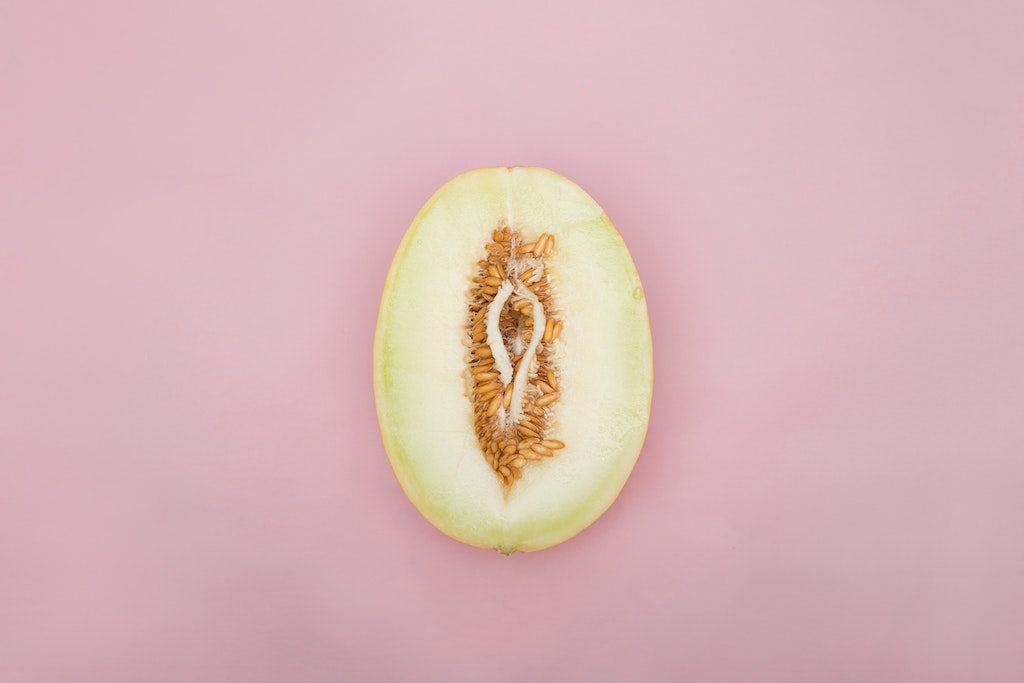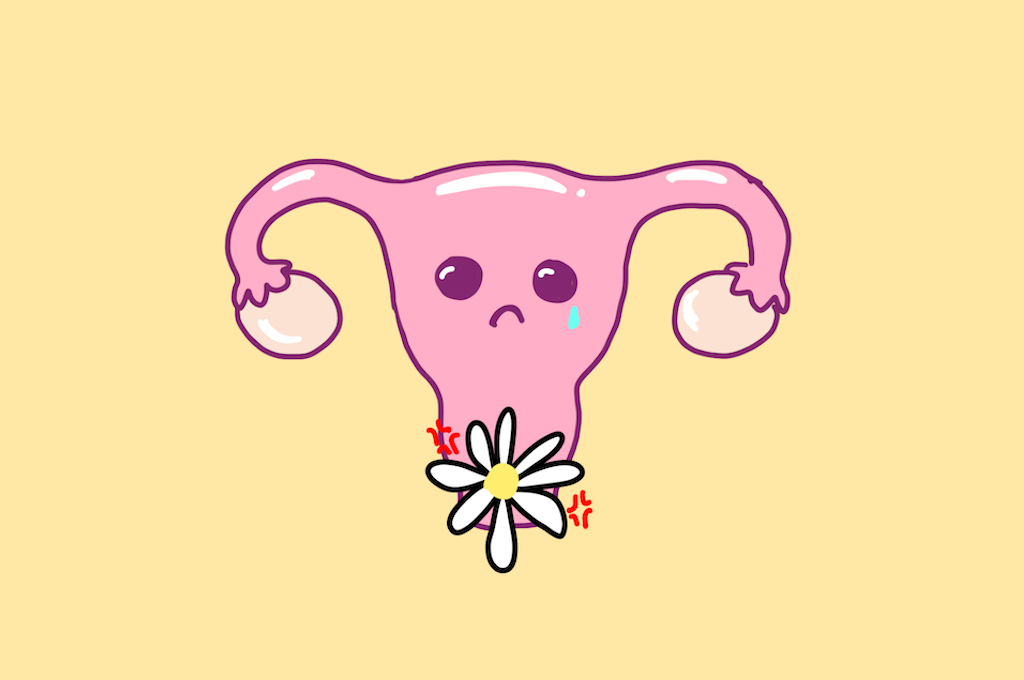UTI’s aren’t exactly fun, but they are fairly common and completely treatable. Let’s break down what exactly a UTI is and how you can get rid of one.
UTI stands for urinary tract infection. The urinary tract is the path that urine (AKA pee) takes to get out of your body. Urine is made in the kidneys - you’ve got two of them, one on each side of your abdomen. From each kidney, the urine travels down a tube called the ureter (since you have two kidneys, you’ve got two ureters, too). The ureters empty into the bladder, which is a small pouch that sits in your pelvis just below your belly button, and the pee just sits there collecting until you feel the need to let it out. When that happens, the bladder empties into a single tube called the urethra, which carries the pee all the way out of the body.
A UTI usually refers to an infection of the urine in the urethra and bladder. If there’s enough bacteria in the bladder, the bladder walls can also get inflamed, which is called cystitis. If the infection or inflammation climbs higher on the urinary tract tree - all the way up the ureters to the kidneys, then you run the risk of having scarring in the kidneys, which can cause long term damage to them.
There are a bunch of possible causes of a UTI, but one of the most common is holding your pee for a long time. If you don’t empty your bladder, bacteria can easily grow in the fluid that is stored there. Other times bacteria can form include sitting in a wet bathing suit for too long or wiping incorrectly after pooping (make sure you go front to back).
How do you know that you’ve got a UTI? Usually it isn’t subtle! It will burn when you pee and you’ll feel like you have to go to the bathroom constantly, but when you try, only a few drips and drops come out. You might also feel pain in your pelvis or your lower back and sides. If any of this is happening, call your healthcare provider as soon as possible so they can test a urine sample and prescribe you antibiotics if needed. If you test positive for a UTI, make sure to follow their treatment plan and drink lots of fluids.





Leave a comment
All comments are moderated before being published.
This site is protected by hCaptcha and the hCaptcha Privacy Policy and Terms of Service apply.